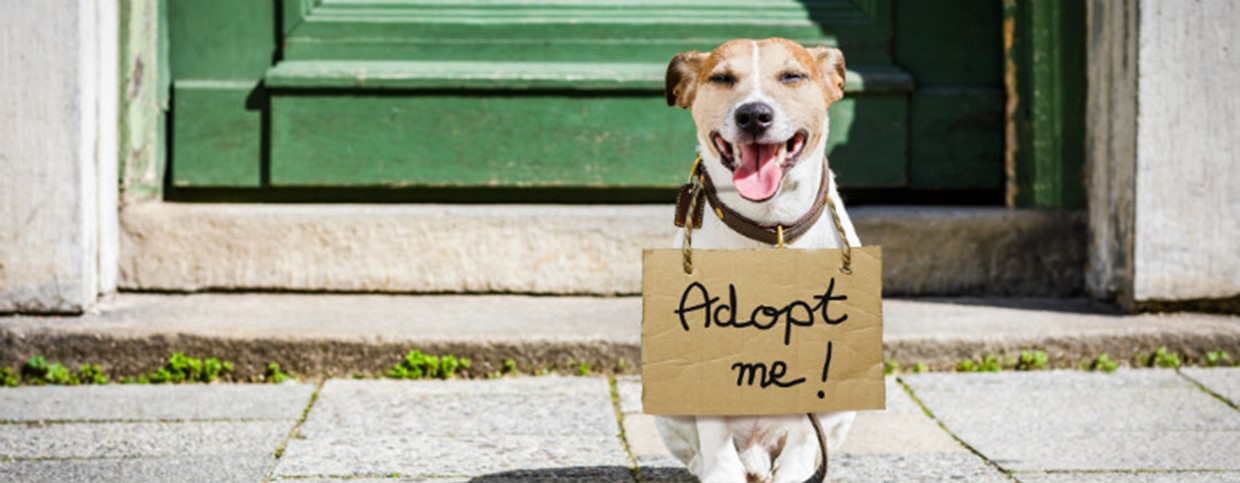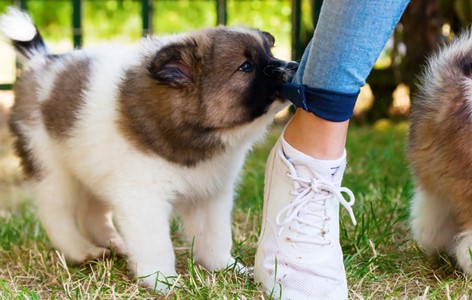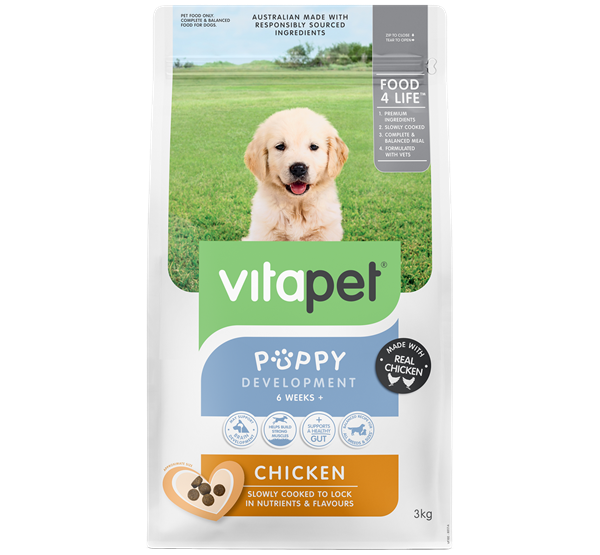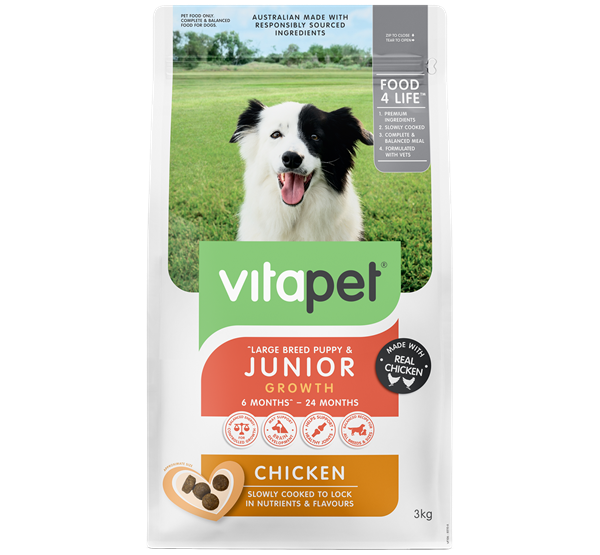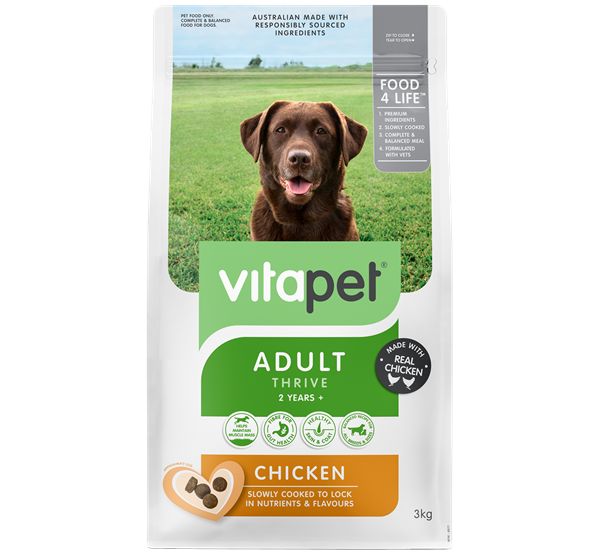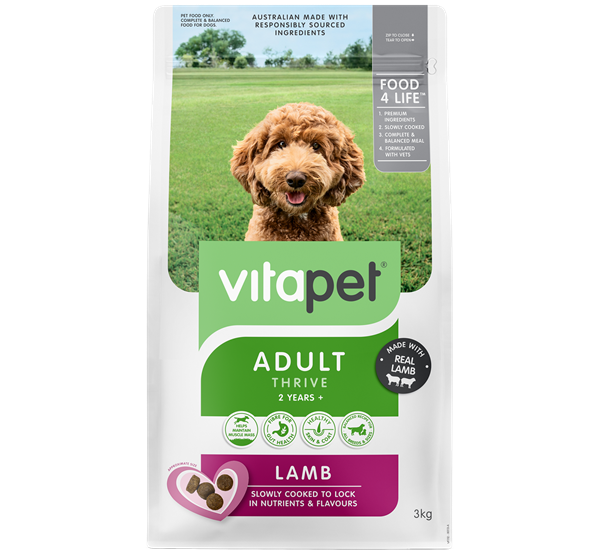The RSPCA receive over 33,000 dogs to their adoption and rescue centres annually in Australia, and over 1 in 5 New Zealand pet parents adopt their puppy from a rescue centre.
So bringing home a rescue dog or even just fostering one is a fantastic opportunity to give a pup a second chance. It comes with challenges as well as joy of course, so let’s list a few tips for a smooth adoption.
So here's my tips for bringing home a rescue or foster dog
Give them time and space- have patience
Many rescue or foster dogs have had a rocky past, and because of this, they may be hesitant to trust humans. Let them take their time in getting used to you and their new surroundings. Give them as much of their own space as possible, whether it's a room, a corner or just a seat on the lounge.
Start training from scratch
No matter what training your dog may have had in the past, it's best to start from the beginning again, as the way you interact will be new and unique to your new relationship. You may also have to work on any issues they have developed from their past. Make sure to focus on positive reinforcement training rather than punishment to avoid more problems.
Ease into alone-time
Your rescue or foster dog may not deal well with being left alone, so it's best to monitor this and do some prep work like training them to be in their crate or another room for set periods.
Start by leaving them for 30 seconds, to 2 minutes, then work up to more extended periods.
Before leaving them alone, give them some exercise to tire them out, make sure they have had a bathroom break, have access to water, toys and food (when appropriate) and even give them a treat to occupy them, when you know they’ll consume them safely. You can also leave a radio or music on for company.
Understand their diet and health
The rescue centre should give you information on any health issues or medication they need. Also, have a chat with your vet to make sure you understand all you can about their health and wellbeing.
You may want to change their diet after rehoming, or when looking for a better food.
Just be sure to wean them off their old food gradually, while introducing them to a new diet over a 5-7 day period.
Watch out for behavioural issues around food as they may have had to compete for it in their ‘previous life’. If you notice problems, seek a trainer or vet’s advice, and work to reverse them.
The most important thing is to be patient, understanding and show them that you are on their side.
Prove to them that you’re there to protect and look after them, and that you’re fun to be around!
Written by Jodie Humphries, Dog Lover











